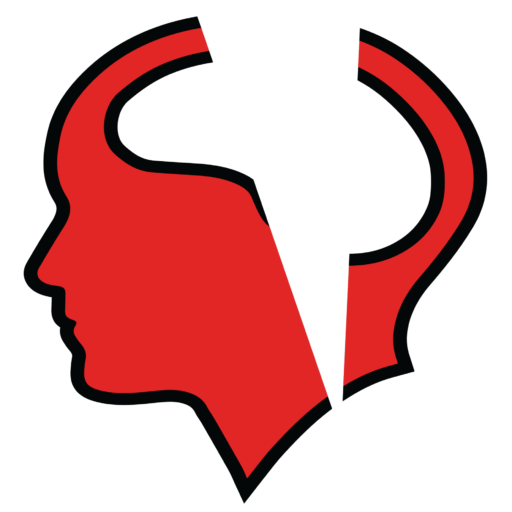Industrial-organizational (I-O) psychology has transformed dramatically from its early days of enhancing worker efficiency to becoming a sophisticated field that examines complex human behaviors in various organizational settings. To better understand this evolution, we sat down with Dr. John den Boer, a renowned cognitive expert whose innovative work has bridged neuroscience with I-O psychology.
Q: Dr. den Boer, could you give us an overview of the origins of I-O psychology?
Dr. John den Boer: Absolutely. Industrial-organizational psychology originated in the early 20th century, during a period marked by industrial growth and an emphasis on maximizing productivity. The field initially focused on mechanical efficiency, driven by pioneers like Frederick Winslow Taylor and his principles of scientific management, which sought to improve worker productivity through optimized work processes.
Q: What was a pivotal moment in the history of I-O psychology?
Dr. den Boer: A defining moment was certainly the Hawthorne Studies conducted in the late 1920s. These studies shifted the focus from just the physical to the psychological aspects of work. They revealed that psychological factors like employee attitudes, interpersonal relationships, and workplace culture could significantly impact productivity. This was really the start of understanding the human element in workplace dynamics.
Q: How did I-O psychology evolve post-World War II?
Dr. den Boer: Post-war, the field expanded significantly. There was a need to select and train military personnel efficiently, which spurred the development of new psychological assessments and testing methods. By the 1960s and 1970s, I-O psychology had broadened to include organizational behavior and topics such as job satisfaction, motivation, and leadership styles. This period marked a deeper dive into understanding the psychological underpinnings of organizational life.
Q: Can you discuss the modern developments in I-O psychology, particularly your contributions?
Dr. den Boer: Today, I-O psychology integrates advanced technology and methodologies to understand and improve workplace functioning better. My work specifically brings in cognitive neuroscience to enhance leadership and decision-making in organizational settings. We use tools like AI and machine learning to analyze data and predict trends, helping leaders make informed decisions based on cognitive health and psychological insights.
Q: What future trends do you see for I-O psychology?
Dr. den Boer: The future of I-O psychology lies in its adaptability to new workplace challenges, such as managing remote teams, fostering diversity, and enhancing overall workplace wellness. Cognitive health, a field I am deeply involved in, is becoming increasingly recognized as central to effective leadership and organizational success. We’re looking at a future where psychological well-being and cognitive health are as critical as any other metric of business performance.
Q: In your view, how important is it for modern organizations to integrate I-O psychology principles?
Dr. den Boer: It’s absolutely crucial. Modern organizations are complex and dynamic. To effectively manage them, leaders need to understand not just the economic and technical aspects but also the human elements. I-O psychology provides the tools to address these human factors, ensuring that organizations are not only productive but also great places to work.
Conclusion
The evolution of industrial-organizational psychology, as detailed by Dr. John den Boer, underscores its critical role in enhancing both individual and organizational performance. By continuing to integrate insights from cognitive neuroscience and leveraging new technologies, I-O psychology remains at the forefront of improving workplace dynamics and enhancing employee satisfaction and productivity.
